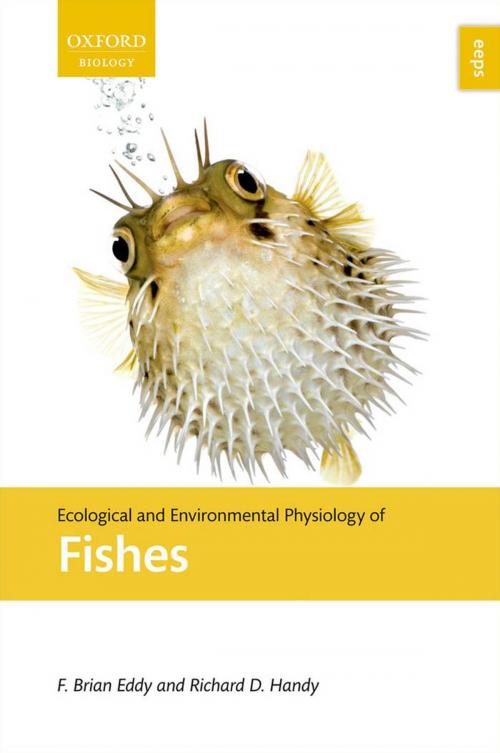Ecological and Environmental Physiology of Fishes
Nonfiction, Science & Nature, Science, Biological Sciences, Marine Biology, Health & Well Being, Medical| Author: | F. Brian Eddy, Richard D. Handy | ISBN: | 9780191631634 |
| Publisher: | OUP Oxford | Publication: | May 3, 2012 |
| Imprint: | OUP Oxford | Language: | English |
| Author: | F. Brian Eddy, Richard D. Handy |
| ISBN: | 9780191631634 |
| Publisher: | OUP Oxford |
| Publication: | May 3, 2012 |
| Imprint: | OUP Oxford |
| Language: | English |
Fishes have evolved to colonise almost every type of aquatic habitat and today they are a hugely diverse group of over 25,000 species. The evolution of this great diversity of species has resulted in a myriad of solutions to the demands posed by the aquatic environment. Ecological and Environmental Physiology of Fishes presents a current and comprehensive overview of fish physiology to demonstrate how living fishes function in their environment. As with other books in the Series, the emphasis is on the unique physiological characteristics of the fish, but with applications to questions of broad relevance in physiological ecology. A preliminary chapter introduces the aquatic environment and gives a general description of fish biology, evolution, and taxonomy. Subsequent sections discuss the particular problems of living in water, life in extreme environments, techniques for studying fish ecophysiology, and future research directions.
Fishes have evolved to colonise almost every type of aquatic habitat and today they are a hugely diverse group of over 25,000 species. The evolution of this great diversity of species has resulted in a myriad of solutions to the demands posed by the aquatic environment. Ecological and Environmental Physiology of Fishes presents a current and comprehensive overview of fish physiology to demonstrate how living fishes function in their environment. As with other books in the Series, the emphasis is on the unique physiological characteristics of the fish, but with applications to questions of broad relevance in physiological ecology. A preliminary chapter introduces the aquatic environment and gives a general description of fish biology, evolution, and taxonomy. Subsequent sections discuss the particular problems of living in water, life in extreme environments, techniques for studying fish ecophysiology, and future research directions.















